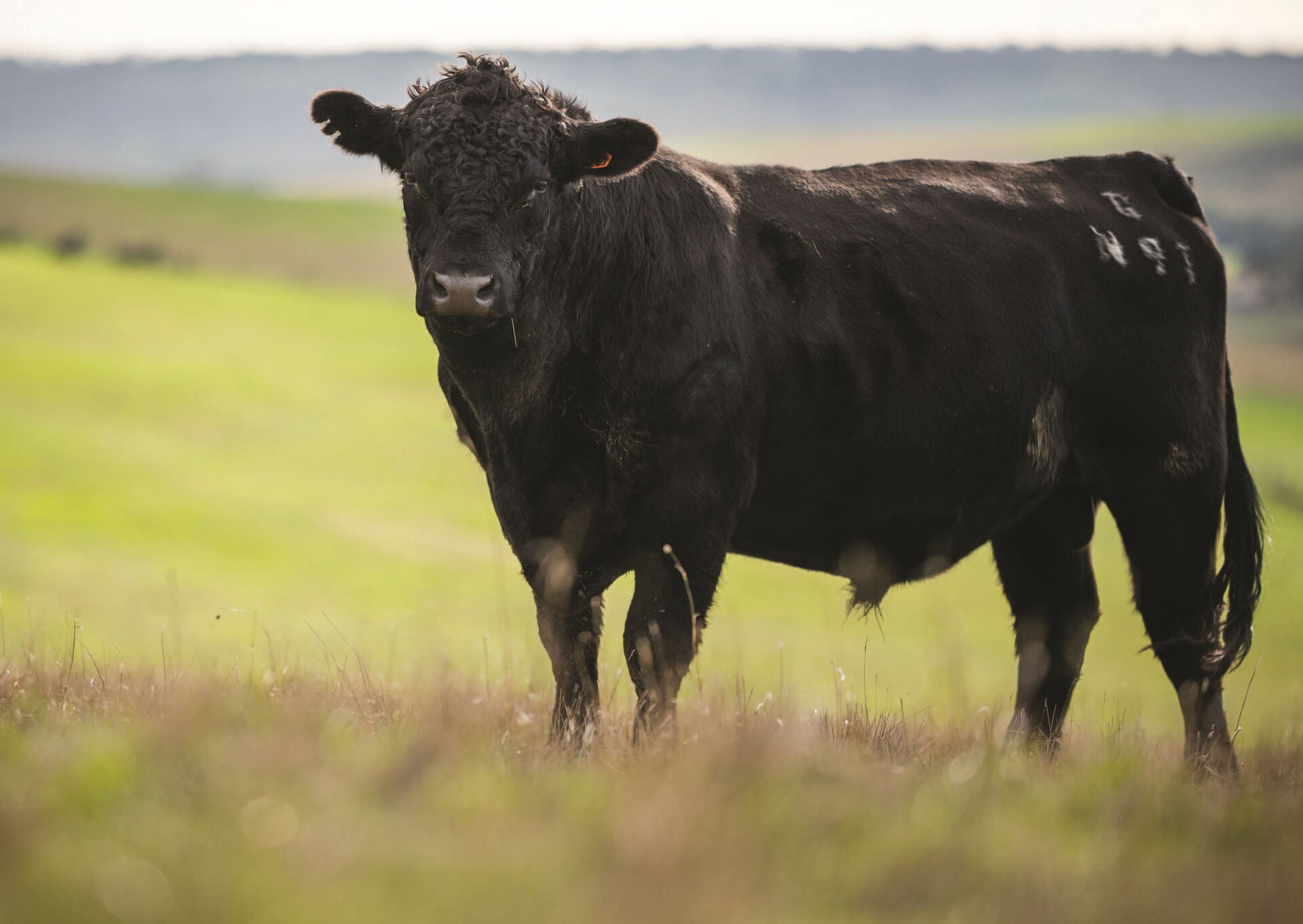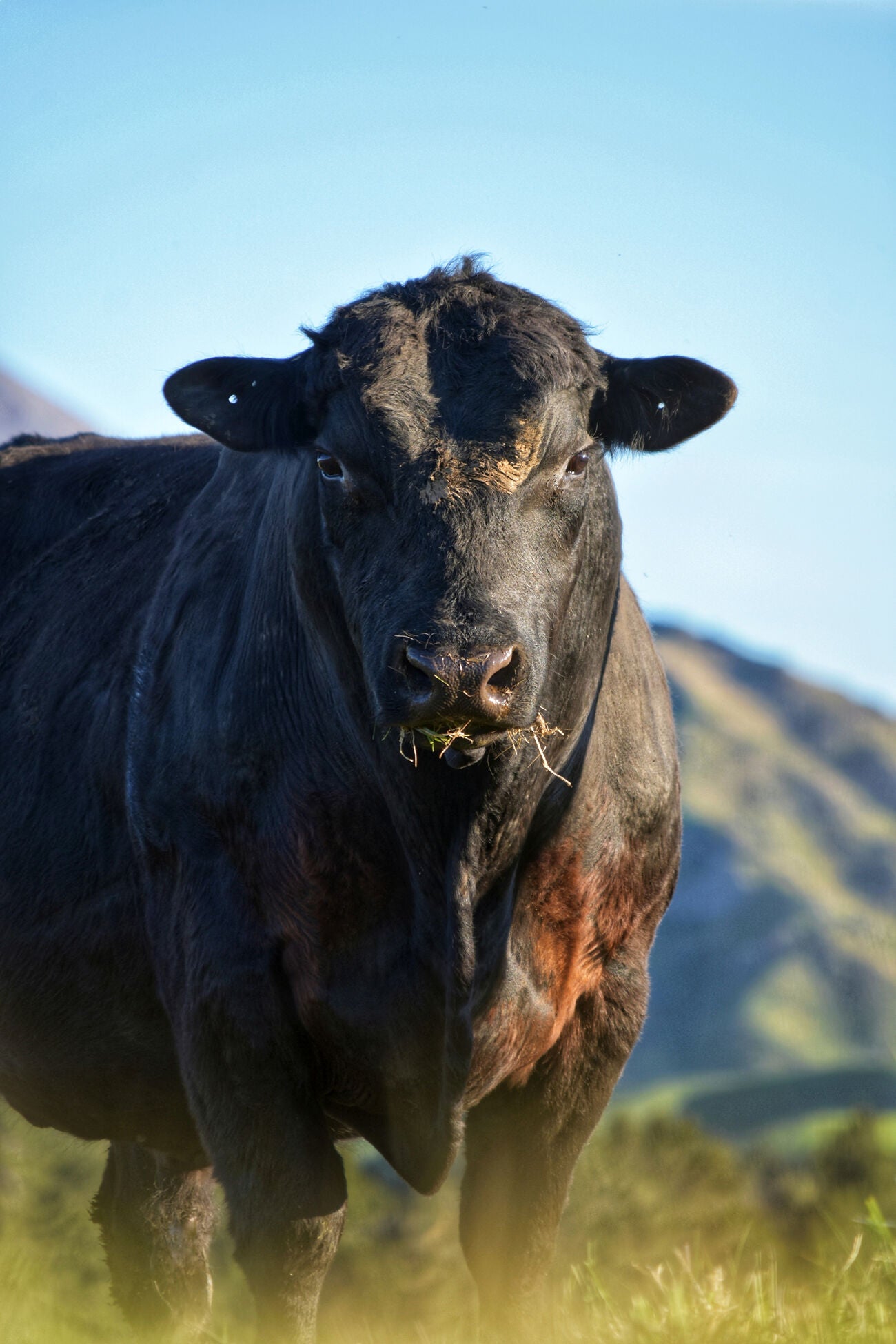Stud properties a valuable part of the farm landscape.

Collectively the breed societies that stud breeders belong to have also done much to recognise advances in science, taking the process of selecting animals to a deeper level than simply past dam performance and “gut feel.”
Advances in science mean breeders can now call on genomics to identify some of the preferred traits that determine productivity before sire stock even reach maturity.
The passion and commitment breeders bring to their respective animal breeds has meant New Zealand farmers have been blessed with genetics that often reflect the farming environment of a particular region, or even district.
Breeders have been making intrinsic changes over the years to tune breeding stock traits that are better suited to the challenges their environment presents, such as a low birthweight gene pool to make bulls more suitable for dairy farm mating demands.
Meanwhile, work by breeding groups has also helped build consumer loyalty over time for the final red meat product.
“Angus Pure” and “Hereford Prime” for example have helped instil a quality standard on beef offered to the market.
They have achieved a level of consumer recognition and loyalty for quality red-meat products on the supermarket shelf, while also helping generate an element of value-added brand identity that flows back to respective breeders.
While the stud breeds on offer may often reflect the traditional breeds first farmed here over 150 years ago, the animals themselves are a far cry from their early counterparts.
They reflect the passionate efforts of stud owners to deliver stock that match modern day farming needs, whether it be for weight gain, carcass yield, birthweight or all three.
Today those efforts are also focused on future-proofing beef herds, as breeders become more aware of the need to breed animals capable of good yields not only per kilogram of bodyweight, but also with a low gas emissions profile.
As knowledge and science advances it will only be a short time before animal breeding values will reflect scientists’ findings that some animals are naturally lower emitters than others, that it is a heritable trait, and that it does not impact upon productivity.
Nick Hawken, Bayleys’ national director rural says breeders’ efforts to increasingly incorporate genetics that reduce beef’s environmental footprint will be rewarded by trade partners and consumers in years to come.
Their efforts developing “fit for purpose” genetics delivering on sustainability and production sets New Zealand up well as a provider of bloodlines adapted to lower input farm systems, with a focus on grass fed, free range attributes now so desired by markets.
“Developing such genetics helps ensure the value of the land, which is home to the stud farm, is based on more than just being a land asset alone. There is also a premium placed on the breeder’s intellectual property, and future earnings that generates as a stud property.”
“Developing such genetics helps ensure the value of the land, which is home to the stud farm, is based on more than just being a land asset alone. There is also a premium placed on the breeder’s intellectual property, and future earnings that generates as a stud property.”
While intergenerational cattle studs may be rare to the market, their value is recognised when the opportunity to purchase or lease arises.
Bayleys Gisborne director and country salesperson Simon Bousfield points to the recent leasing of the Lane family property where the 1,000ha farm included the famed Whangara Angus stud. The value of the stud as a stand-alone business was duly reflected in the premium offered in the tendered lease values on its inclusion. So for stud owners also farming commercially, stud ownership is providing a stand-alone level of income, and one that gives them some flexibility on sale.
Late-May marks an important time on the beef breeding calendar for breeders and commercial farmers across the country, and particularly on the East Coast, where they hold Bull Week in Gisborne. This is an opportunity for some of the country’s top studs to showcase their high value genetics to discerning buyers always looking to lift their herd standards.
Simon says Bull Week has grown in size over the many years it has been held, with buyers coming from across the country to source some of the highest quality genetics on offer.
“We see the entire East Coast community get behind the event these days, it plays a big part in the local economy and showcases some of the best stock the region has to offer.”
Long-time East Coast stud stock auctioneer Neville Clark said Bull Week has gone from strength to strength over time, with 98 percent of the bulls on offer sold in the week.
“Buyers come here because they know the studs stick to what they do well, with each offering distinct traits across large numbers of cattle. The quality is consistent and this year we expect demand to outstrip supply, given the positive prospects for the cattle industry.”
For those looking for a stud property, the renowned Ratanui Stud at Tolaga Bay is currently being marketed by Bayleys Gisborne and provides a very rare opportunity to acquire a property that has been part of New Zealand’s rich cattle breeding history for many years.
Ratanui offers an established stud with a strong reputation and exceptional track record. It is an opportunity for prospective buyers to not only get their hands on a significant land-holding but also the Ratanui bloodlines.
